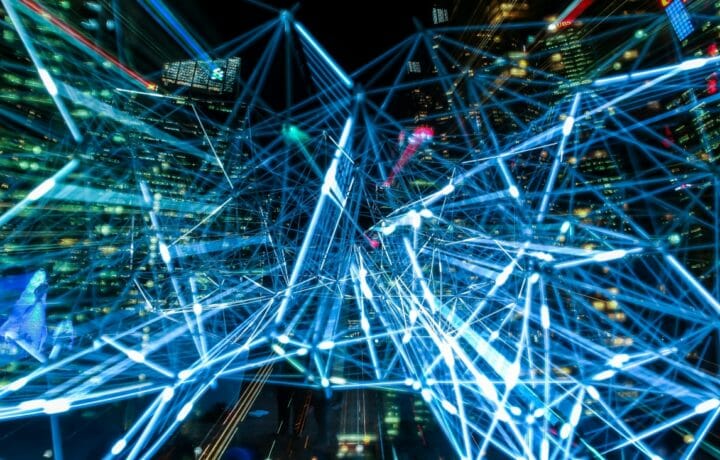IN TODAY’S OPEN-SOURCE HEADLINES . . .
“How much you pay for enemies cyber weapons? Not malware you find in networks. Both sides, RAT + LP, full state sponsor tool set? We find cyber weapons made by creators of stuxnet, duqu, flame. Kaspersky calls Equation Group.” That Evil-Elmo sounding language is part of an enticing ad on Github putting up for sale what may very well be some high-end hackers’ significant haul from an NSA breach: codes the NSA uses to spy on other governments, and you.
What did the hackers who call themselves the Shadow Brokers get, exactly? TechCrunch contributor John Biggs writes, “These are hacking tools including RATs – or remote access Trojans – and exploits designed to attack web and file servers. . . . These are . . . the files that an NSA agent would use if they were trying to hack your server.” Forbes’ Thomas Fox-Brewster describes them like this: “The files included code allegedly designed to exploit firewalls from American manufacturers Cisco, Juniper and Fortinet. One Chinese company, Topsec, was also an Equation [NSA] target, according to the leaks.” The New York Times reports that “the coding resembled a series of ‘products’ developed inside the N.S.A.’s highly classified Tailored Access Operations unit . . . .”
A NEW WORLD
In other words, these files could, at least, serve as an NSA fingerprint: if you find them on your computer, then you know the NSA’s watching you. That doesn’t mean much if it’s me. If you’re the British Embassy or Angela Merkel, then diplomatically it might mean a great deal. Whistleblower Edward Snowden tweeted suggested that the codes “could have significant foreign policy consequences. Particularly if any of those operations targeted US allies.” Snowden tweeted, “This leak is likely warning that someone can prove US responsibility for any attacks that originated from this malware server.”
What we are experiencing is the new dimension of politics and policy, a new place to fight our battles. For elite hackers of the white- or black-hat kind—people who live in or bravely explore the dark web—this is probably nothing new. For the rest of us, it is a pop-culture coming to consciousness of how the 21st century world is shaping up. And it’s a world in which the power of elected governments is genuinely at risk of, or shaped by, external influencers who are now a formidable part of the diplomatic equation. It’s a world in which the intangible may begin to represent a greater threat to stability than the tangible, where wars may be fought and won or lost in a very real place none of us can see or touch.
If it wasn’t reality, then we would have to describe it as an alternative reality where everything we see and know is re-represented and prefaced by the word cyber.
Next thing you know, we’ll be talking about cyber-terrorism. . . .




